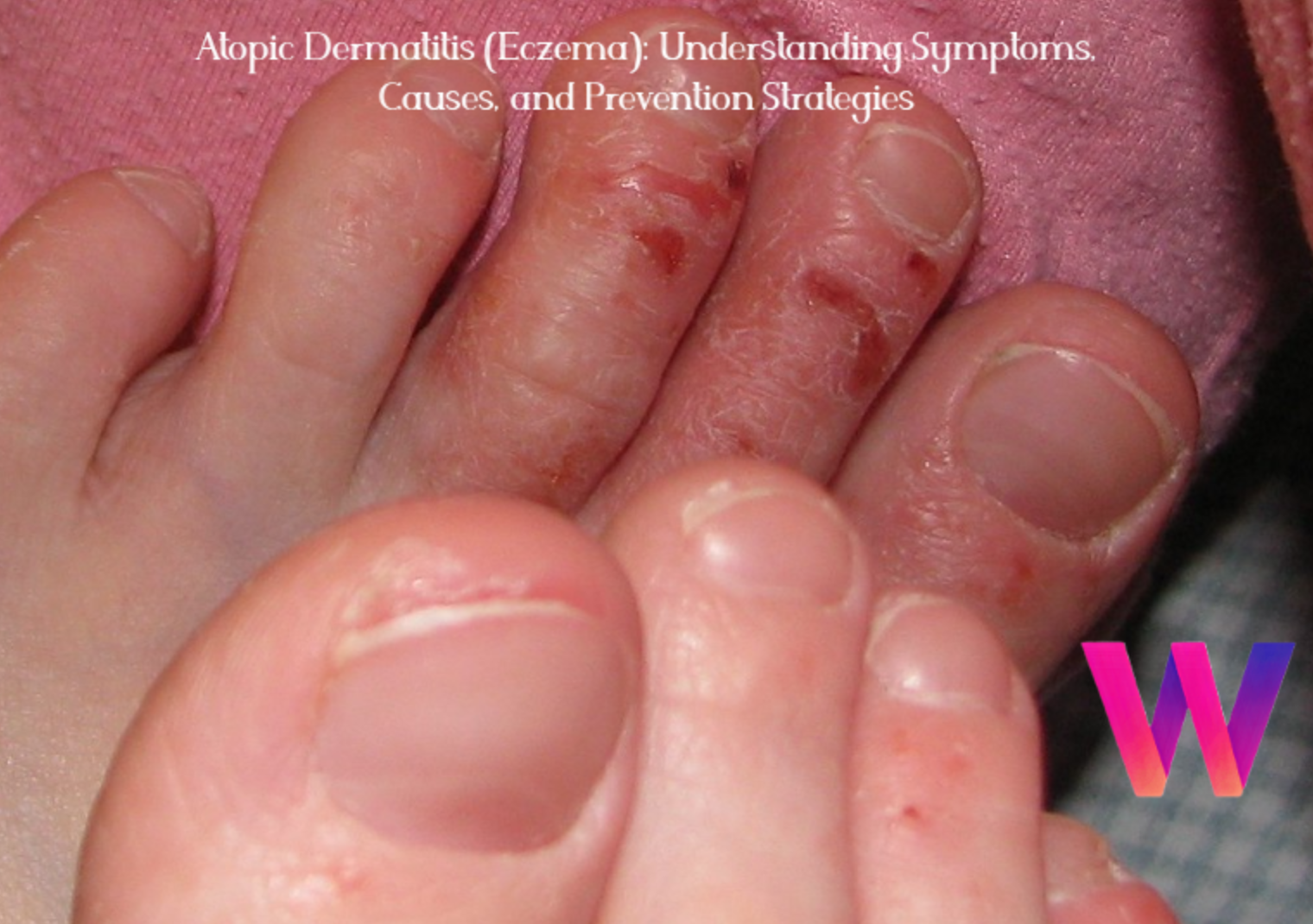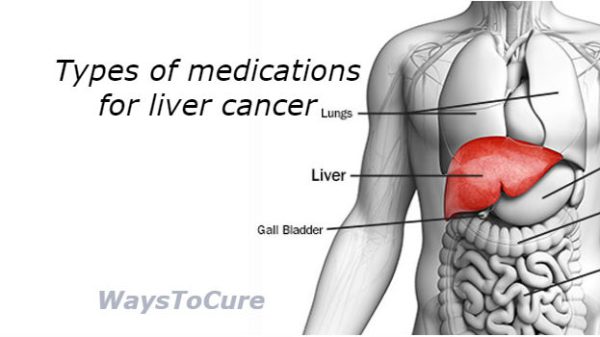Atopic dermatitis, commonly known as eczema, is a chronic skin condition that affects millions of people worldwide. It is a non-contagious inflammatory skin disease that causes itching, redness, and scaling of the skin. Atopic dermatitis is a type of eczema that is commonly found in children but can occur at any age. The symptoms of atopic dermatitis can range from mild to severe, and it can affect any part of the body, but it is most commonly found on the face, neck, and arms.
Table of Contents
Eczema Symptoms:
The symptoms of atopic dermatitis can vary depending on the severity of the condition. Common symptoms include:
- Itching
- Redness
- Dryness
- Scaling
- Flaking
- Cracking of the skin
- Weeping or oozing of the skin
- Thickened, rough, or leathery patches of skin
The symptoms of atopic dermatitis can be mild or severe and can last for weeks or months. In severe cases, the condition can cause intense itching, which can lead to sleep disturbances, irritability, and depression.
When to see a doctor:
It is essential to see a doctor if you experience any symptoms of atopic dermatitis. The doctor can provide a proper diagnosis and recommend an appropriate treatment plan. If the symptoms are severe and interfere with your daily activities, it is crucial to seek medical attention immediately.
Causes:
The exact cause of atopic dermatitis is unknown, but researchers believe that a combination of genetic and environmental factors can trigger the condition. Atopic dermatitis is a type of allergic reaction that occurs when the immune system overreacts to certain triggers.
Some of the common triggers for atopic dermatitis include:
- Dry skin
- Exposure to irritants such as soaps, detergents, and shampoos
- Exposure to allergens such as dust mites, pet dander, and pollen
- Stress
- Hormonal changes
- Changes in weather conditions
- Certain foods such as dairy products, eggs, nuts, and soy products
- Certain fabrics such as wool and synthetic fabrics
Risk factors:
Atopic dermatitis can affect anyone, but certain risk factors increase the likelihood of developing the condition. Some of the common risk factors include:
- Family history: People with a family history of atopic dermatitis, asthma, or hay fever are at a higher risk of developing the condition.
- Age: Atopic dermatitis is commonly found in children, but it can occur at any age.
- Sex: Women are more likely to develop atopic dermatitis than men.
- Race: Atopic dermatitis is more common in people of African American and Asian descent.
Complications:
If left untreated, atopic dermatitis can lead to several complications, including:
- Skin infections: Scratching can lead to bacterial infections, which can cause a range of symptoms such as redness, swelling, and pus-filled bumps.
- Neurodermatitis: This is a skin condition that occurs when a person scratches an area of skin repeatedly. It can lead to thick, scaly patches of skin that are itchy and painful.
- Eye problems: Atopic dermatitis can cause eye problems such as conjunctivitis, which is inflammation of the eye, and blepharitis, which is inflammation of the eyelids.
- Sleep disturbances: The itching associated with atopic dermatitis can cause sleep disturbances, which can lead to fatigue and irritability.
- Psychosocial effects: Atopic dermatitis can affect a person’s quality of life, leading to anxiety, depression, and social isolation.
Prevention:
There is no known cure for atopic dermatitis, but several preventive measures can help reduce the severity and frequency of symptoms. Some of
the preventive measures for atopic dermatitis include:
- Moisturize regularly: Moisturizing the skin regularly can help reduce dryness and itching. Use a fragrance-free moisturizer after bathing and throughout the day as needed.
- Avoid triggers: Identify and avoid triggers that can cause a flare-up of atopic dermatitis. These can include exposure to certain fabrics, soaps, detergents, and food allergens.
- Use gentle soaps and detergents: Use gentle, fragrance-free soaps and detergents to avoid irritation and dryness of the skin.
- Wear comfortable clothing: Wear loose-fitting, breathable clothing made from natural fibers such as cotton to avoid irritation and sweating.
- Manage stress: Stress can trigger atopic dermatitis, so it is essential to practice stress-reducing techniques such as yoga, meditation, or deep breathing exercises.
- Avoid scratching: Scratching can worsen atopic dermatitis and increase the risk of skin infections. Use cold compresses or anti-itch creams instead of scratching.
- Keep the skin cool and dry: Avoid overheating and sweating, which can trigger atopic dermatitis. Use fans, air conditioning, or cool baths to keep the skin cool and dry.
Common triggers for atopic dermatitis include:
- Dry skin: Dry skin can cause itching and irritation, leading to a flare-up of atopic dermatitis.
- Irritants: Exposure to irritants such as soaps, detergents, and shampoos can cause a reaction in people with atopic dermatitis.
- Allergens: Exposure to allergens such as dust mites, pet dander, and pollen can trigger atopic dermatitis.
- Stress: Stress can trigger or worsen atopic dermatitis.
- Hormonal changes: Hormonal changes during puberty, pregnancy, and menopause can trigger atopic dermatitis.
- Changes in weather conditions: Changes in weather conditions such as cold weather or high humidity can trigger atopic dermatitis.
- Certain foods: Certain foods such as dairy products, eggs, nuts, and soy products can trigger atopic dermatitis in some people.
In conclusion, atopic dermatitis is a chronic skin condition that causes itching, redness, and scaling of the skin. The exact cause of atopic dermatitis is unknown, but a combination of genetic and environmental factors can trigger the condition. Atopic dermatitis can affect anyone, but certain risk factors increase the likelihood of developing the condition. Although there is no known cure for atopic dermatitis, several preventive measures can help reduce the severity and frequency of symptoms. Identifying and avoiding triggers, moisturizing the skin regularly, and managing stress can help manage the condition. If you experience any symptoms of atopic dermatitis, it is essential to see a doctor for proper diagnosis and treatment.












